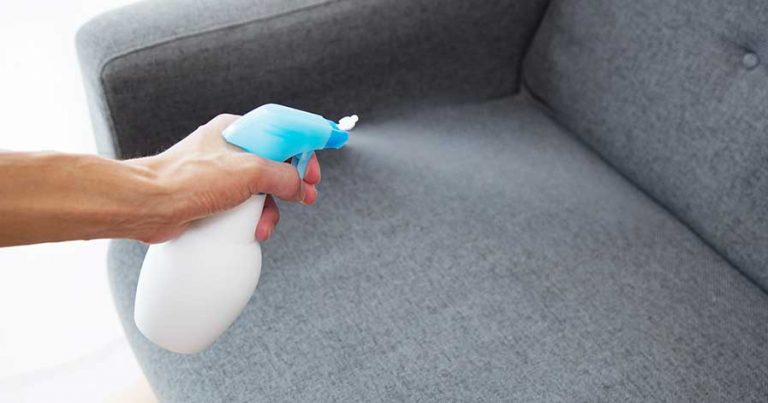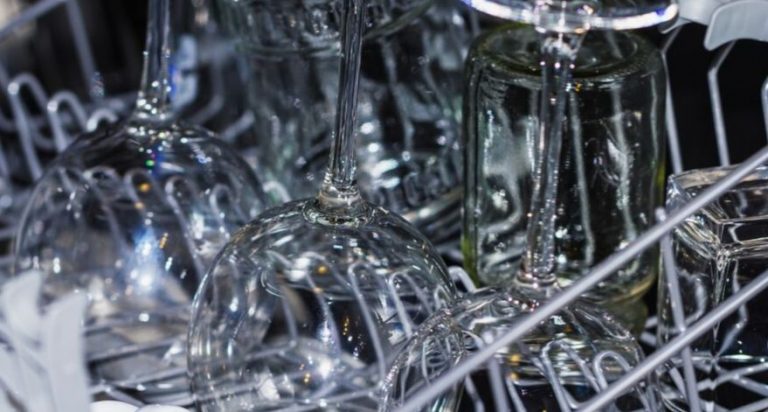Tips for Deodorizing Different Rooms in Your Home
How to Deodorize a Room
Household odors affect your quality of life, especially when they’re persistent. A lot of smells can be identified and rectified quite easily, but others are not so simple to address. This is why it’s important for homeowners to know how to deodorize a room.
To find out where the smell is coming from, you first need to sniff out the problem. Move from room to room to find out if it’s coming from only one area of the house. Once you have an idea of where to start, it’s time to find out what’s causing the odor, and what you can do about the smell. These are the first steps you should take when it comes to deodorizing a room.
The Kitchen
If you’ve had a power outage or you’ve been away, there might be rotten food in your refrigerator. Dispose of it. Clean your fridge thoroughly. Put an open container of baking soda in the refrigerator as it absorbs nasty odors.
Bits of food can get trapped in your dishwasher’s outlet pipe, which can lead to unpleasant odors. Run it on empty with vinegar instead of cleaner. Leave it standing open for at least 24 hours. You should also remove the outlet pipe and clear out any trapped pieces of food.
A smelly drain can be caused by a blockage, which allows pieces of food to accumulate in the pipes. Unblock the drain with a plunger. Buy a powerful drain cleaning solution from the store and use it according to the instructions. Keep your kitchen well-ventilated when doing this exercise as the fumes are overpowering.
Emptying your trash can regularly can also help avoid nasty odors. Wash it out with diluted bleach or ammonia to neutralize the odor. This will leave your bin smelling fresh and clean.
The Laundry Room
Keeping a regular schedule for washing dirty laundry will help eliminate nasty odors. Don't leave wet laundry in the washing machine for too long either, otherwise it will start to stink and you'll have to wash it again.
Be sure to keep your washing machine inlet and outlet pipes clean, and look out for buildups of mold. Mold thrives in damp, moist conditions. Use a mold cleaner or a spray bottle of vinegar. Keeping your washing machine open in-between loads of laundry will also help air it out.
The Bathroom
You should keep your bathroom well-ventilated with fresh air when the weather permits it. Leave the shower door open for a few hours after use to allow it to dry properly. Hang damp towels outside, or use your dryer. Keep the bath, shower, and basin drains clean and clear.
Mold can form on the ceiling of the bathroom from the steam when you shower and bath if you don’t ventilate the area. Spray affected areas with undiluted, distilled vinegar. After an hour, wipe the area with a damp cloth.
Mildew often forms in the grouting between the tiles of your shower. Use equal parts water and chlorine bleach to make a cleaning solution. Put the solution in a spray bottle and apply it to the affected area liberally. After 15 minutes, use a hard-bristled brush to scrub the area, and then rinse the scrubbed area with water.
Common Living Areas and Bedrooms
Carpets can get covered in pet hair, food particles, and liquids from accidental spillage. All these items are absorbed by carpets, which contributes to unpleasant smells.
Sprinkle baking soda over a smelly carpet, leave it to stand for a few hours, and then vacuum it up. When using baking soda on furniture or mattresses, dampen the area slightly before applying it. Rub the area with baking soda and then wipe it off with a damp cloth.
Every so often, you should steam clean carpets, furniture, and mattresses. Keep the area well-ventilated afterward so that they can dry properly. If they remain damp for too long, mold can start building up.
Pets are a significant cause of a bad odor. Every part of the house they’re allowed in is affected if they’re smelly. As soon as you detect a smell coming from your pet, bath them. Blankets and pet beds should be washed and aired out frequently. You can use a scented pet shampoo to help. Be sure to keep cages and litter boxes clean as well.
Cigarette smoke also leaves odors lurking in the air, and it gets into carpets, drapes, and furniture. In addition to using baking soda as described above, leave a bowl of white vinegar in the room to act as a cigarette smoke deodorizer. Ventilate the area well and never leave used ashtrays lying around. There are several odor-eliminating sprays you can also use. Establish that the one you’re buying is safe to use on fabrics and spray your drapes with it as well.
Some of the best deodorizers are household items, including baking soda and vinegar. Onions can also help absorb odors in the air such as musty smells in the basement, although it might add an odor of its own. When in doubt, you can use bleach and ammonia, as they are potent deodorizers.
What if Nothing Works?
There are, of course, other causes of household smells. The most common are hidden mold, sewage backups, and decomposing animals.
With hidden mold, you might be able to mask the smell temporarily, but it always comes back. Hidden mold can be extremely hazardous to your health. If left untreated, the problem keeps getting worse. Have a mold test done to determine the presence of mold spores if you suspect there’s hidden mold in your home.
Address sewage problems immediately as it is full of bacteria that can make you ill. If sewage pipes are blocked, get help right away. Afterward, the smell can persist. Leave bowls of baking soda and vinegar in the room to absorb the odor.
If you suspect there is a dead animal in your attic or crawlspace that is causing the problem, try to track it down and remove it. However, the dead animal could be in an inaccessible place such as between panels of drywall or in the chimney. If you can’t find it or reach it, you’ll have to mask the odor until the carcass has decomposed completely. There are also professional services you can use if you’re not comfortable doing this on your own.
If you’ve tried everything to eliminate a bad smell and none of it is working, it’s time to call in the professionals. Specialist deodorizers can assess where the problem is and advise the homeowner on what to do moving forward.
Professional deodorizers have specialized cleaning equipment and materials that make short work of removing nasty odors from your home. There are different protocols for differing odors. Once the source is identified, the deodorizer will know which treatment to use.

